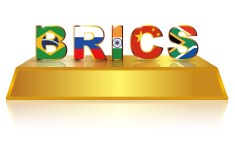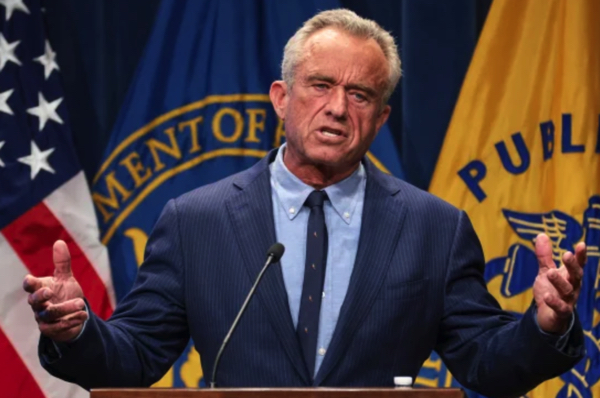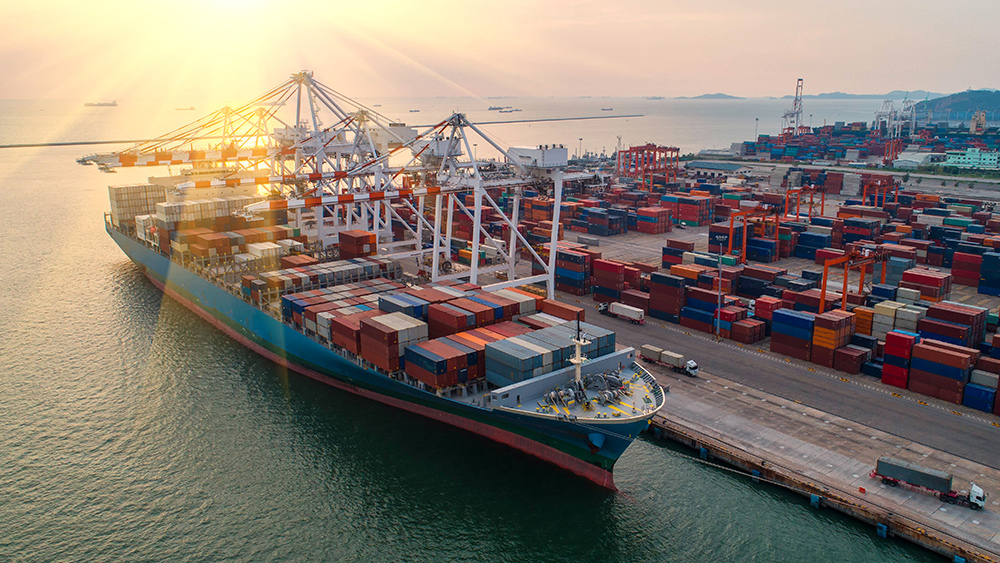 Parler
Parler Gab
Gab
- Brazilian officials announced their intention to strengthen ties with fellow BRICS nations, despite explicit warnings and tariff threats from U.S. President Donald Trump.
- The U.S. accusations of undermining the dollar and meddling in Brazil's affairs have only reinforced Brazil's commitment to the BRICS alliance, with senior adviser Celso Amorim stating that the pressure has pushed Brazil to diversify its international relations.
- Trump threatened to impose tariffs of up to 50 percent on Brazilian imports and an extra 10 percent on countries aligning with the BRICS bloc, citing Brazil's prosecution of former President Jair Bolsonaro and labeling the bloc as "anti-American."
- Brazilian President Luiz Inacio Lula da Silva responded defiantly, warning Trump that he is not "the emperor of the world" and that Brazil would not succumb to his demands, highlighting a shift in global diplomacy towards multipolarity.
- The tensions reflect a broader geopolitical struggle, with the U.S. fearing the erosion of the dollar's dominance and Brazil seeking to diversify its partnerships to mitigate risks associated with over-reliance on any single country or bloc.
Economic and diplomatic implications
The U.S. threats have not only strained relations with Brazil but also raised concerns among other BRICS members. Russian officials have been quick to downplay the idea of a common currency, stating that 65 percent of trade among BRICS countries is already conducted in national currencies. They argue that the push for de-dollarization is a response to Washington's "arbitrary" actions rather than an attempt to challenge the U.S. directly. Despite these assurances, the U.S. remains wary of the bloc's potential to erode the dollar's dominance. The Trump administration's aggressive stance reflects a broader fear of losing economic and geopolitical influence to emerging powers. For Brazil, the decision to strengthen ties with BRICS is part of a larger strategy to diversify its diplomatic and economic partnerships. Amorim emphasized that Brazil is also pursuing closer relations with partners in Europe, South America and Asia. This approach is seen as a way to mitigate the risks associated with over-reliance on any single country or bloc. The ongoing tensions between Brazil and the U.S. highlight the changing landscape of global diplomacy. As emerging economies like Brazil seek to assert their independence and expand their influence, traditional powers like the U.S. are faced with the challenge of adapting to a more multipolar world. Watch the video below that talks about BRICS and financial independence. This video is from the Brighteon Highlights channel on Brighteon.com.More related stories:
Trump's tariffs spark global trade revolt: BRICS nations accelerate dollar-ditching plans. Trump announces steep tariffs on 14 countries, effective August 1. Trump threatens 100% "secondary tariffs" on Russia if Ukraine deal is not reached in 50 days.Sources include:
RT.com MenaFN.com Brighteon.comU.K.’s new bank surveillance laws threaten privacy, spark outcry as fraud “crackdown” advances
By Willow Tohi // Share
Health Ranger Report: Del Bigtree on MAHA, RFK Jr.’s confirmation and the future of U.S. healthcare
By Kevin Hughes // Share
The Red Sea crisis: Houthi attacks threaten Saudi Arabia’s economic ambitions
By Zoey Sky // Share
Trump Admin Threatens to Withhold Federal Aid from Cities and States Boycotting Israeli Companies
By Finn Heartley // Share
Cambodia nominates Trump for Nobel Peace Prize amid border conflict resolution
By Belle Carter // Share
Russia accuses U.K. of plotting attacks on Moscow’s “shadow fleet” oil tankers
By Zoey Sky // Share
Governments continue to obscure COVID-19 vaccine data amid rising concerns over excess deaths
By patricklewis // Share
Tech giant Microsoft backs EXTINCTION with its support of carbon capture programs
By ramontomeydw // Share
Germany to resume arms exports to Israel despite repeated ceasefire violations
By isabelle // Share









